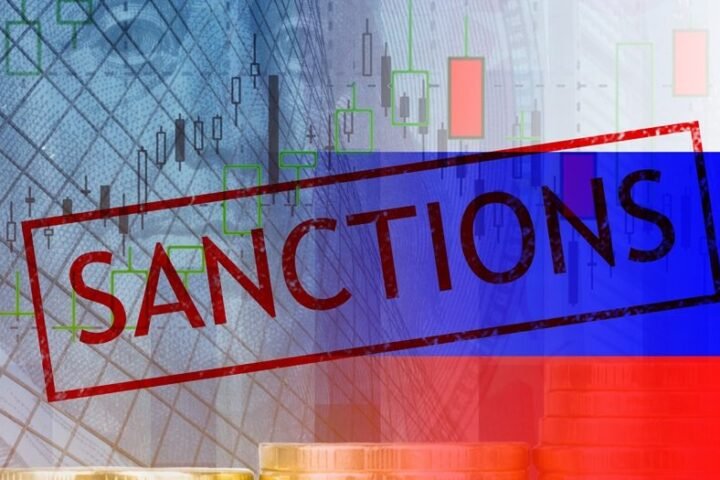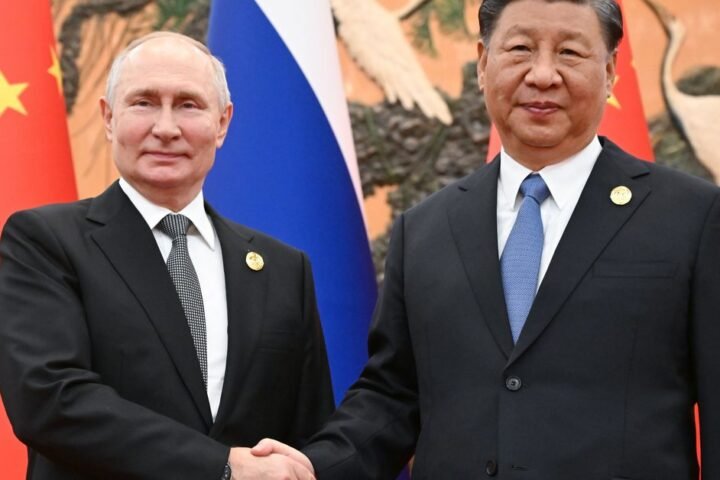On August 24, 2025, the Milwaukee Independent published an investigation revealing that more than 70 sabotage incidents recorded in the United Kingdom since Russia’s full-scale invasion of Ukraine in February 2022 have been tied to Moscow. According to the report, Russian intelligence services are increasingly recruiting young people via social media, tasking them with arson and bomb-making despite their lack of training. European intelligence officials warn that this trend carries a growing risk of serious injuries and deaths, as inexperienced recruits ignite fires near residential areas and businesses or attempt to assemble explosive devices without basic knowledge of safety standards.
Shift from professional spies to proxy operatives
This wave of attacks comes after hundreds of Russian spies were expelled from Europe in the aftermath of the 2018 poisoning of Sergei Skripal in Salisbury. In response, Moscow adjusted its methods, moving away from the use of professional officers and relying instead on networks of contractors and proxies. Analysts note that this makes operations cheaper and easier to deny, while still creating disruptive effects across Europe. Fires, explosions and other acts of sabotage now leave minimal traces of direct Russian involvement but pose greater risks to civilians.
Recruitment through social media
European intelligence services say Russian operatives identify teenagers and young men on platforms such as Telegram. The process begins with small tasks and payments to test loyalty before escalating to more dangerous assignments, including arson, planting explosives or monitoring strategic sites. These recruits are treated as expendable assets by Moscow, disposable in the pursuit of strategic disruption.
Economic and security impact
Targets of the sabotage include warehouses, logistics hubs, telecom facilities and businesses with ties to Ukraine. The consequences are significant: disrupted supply chains, higher insurance premiums and reputational damage for companies. The overarching goal is to create a sense of vulnerability across Europe’s rear areas, undermining public confidence in security and resilience.
Calls for coordinated European response
Experts and officials argue that such operations should be classified as state terrorism carried out through private proxies. This categorization could pave the way for coordinated sanctions against Russian handlers and intermediaries, including criminal networks and online platforms. Proposals also include establishing shared EU-NATO watchlists of recruiters and operatives, tightening content moderation on recruitment instructions, and strengthening cooperation with insurers and port authorities. By introducing stronger counter-sabotage measures, Europe could reduce the economic incentives for such attacks and increase the cost of entry for Moscow’s proxy networks.










